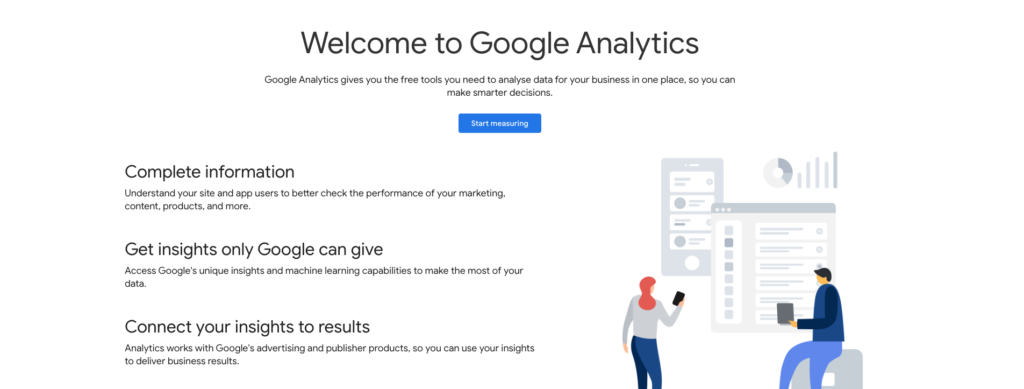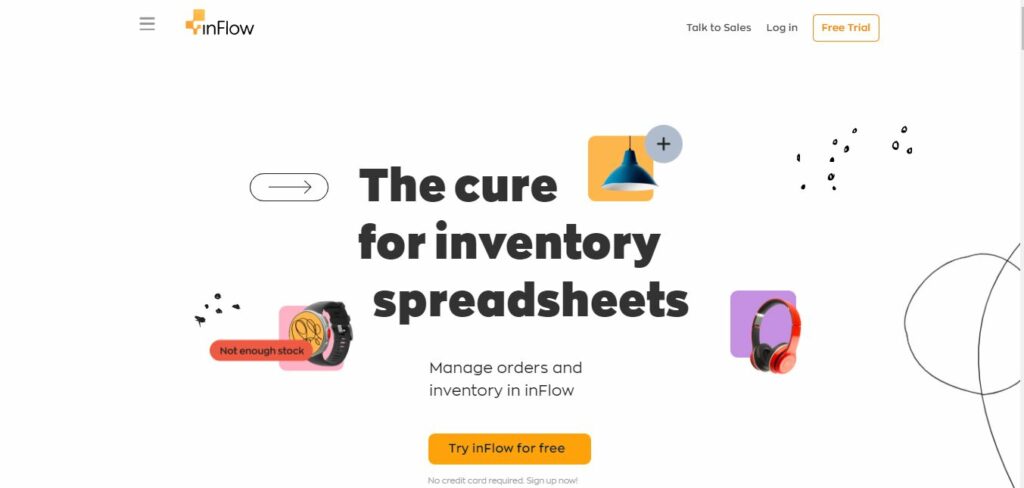Being a digital marketer, I know that it’s not a piece of cake to manage all the marketing responsibilities and tell the world about your business.
Marketing your business is all about mastering the art of telling others that you and/or your services are available for sale. The more individuals are aware of your business and products, the more likely you will sell to them.
But the real challenge begins when you have the customers. Just like every other human being, they have expectations. Handling all the tasks manually could be tricky and time-consuming.
Therefore, you must ease up things and use tools that automate your marketing experience. But what are the most effective ecommerce marketing tools?
Well, we’ll look at the top six types of ecommerce marketing tools that you must consider in 2023;
1. Social Media Marketing
Social media marketing is one of the strongest and most effective ecommerce marketing tools in today’s business world. Well, who isn’t on social media these days? Whether it’s your relatives or the CEO of a big firm, everyone has a digital presence in today’s world.
With over 4.9 billion active social media users, you definitely do not want to miss this opportunity to grab some profits, do you?
You can create an engaging online relationship with potential clients via social media. Also, provide customers with relevant information about your products or services by developing content such as blogs. The ultimate goal here is to raise awareness of your company and increase your profile.
But unfortunately, many businesses are still going through the manual way of posting on their social media handles. It is not only time-consuming but also reduces your productivity by a lot.
Hootsuite

Hootsuite, a social media marketing tool, can help you schedule social media postings in advance, saving you time and effort. Numerous other tools can help you achieve the same thing. We suggest you do your complete research before you decide to invest in one.
Top Features
- Create and schedule posts across various social media platforms simultaneously.
- Monitor all of your social media channels.
- Manage your postings and messages.
- View forthcoming scheduled content.
- Plan campaigns and communicates in real-time.
- Create personalized reports that highlight the influence on your brand.
- Measuring your performance across all of your social networks.
2. Product Information Management (PIM)
Are you still using Excel Spreadsheets and manually collecting, organizing, and distributing your product information? If yes, then this is for you.
Maybe you’ve never heard of it, or perhaps you’ve heard of it as PIM. This digital solution enables you to collect, store, analyze, and distribute your product content in real time across all platforms, marketplaces, and distribution channels where items are published. This is called Product content management.
These channels include Google Shopping, Amazon, eBay, and any other selling channel you utilize. It has also become a valuable tool for creating and updating sales materials, like catalogs (online and offline), pricing lists, and so on.
Apimio

Apimio is a PIM tool that provides a digital solution for managing your product information. The platform allows you to manage, organize and distribute your products’ information to multiple platforms, e.g., Shopify.
Moreover, it also permits retailers and vendors to collaborate and share their product information for quick and easy updates.
This tool also analyzes your data quality and gives you immediate insights into how you can improve your digital media and product descriptions.
Top Features
- Collect and arrange product information, including photographs and videos, to meet all criteria.
- Optimize product data for all desired e-commerce platforms.
- Invite your e-commerce channel partners and retailers to provide live product data feeds.
- Illustrate your products on the market platforms and eCommerce websites of your choice.
3. Email Marketing
Email marketing is one of the most common and effective ecommerce marketing tools for targeting potential customers. But writing emails for every customer manually can be a time-consuming process.
After a certain limit, it becomes impossible to keep track of your customer database and e-mails. A lot of companies make that mistake in the hope of achieving personalization. But let me assure you that personalization can be achieved through automated tools as well.
Mailchimp

An email marketing tool aids in the creation of emails that are tailored to the customers you seek. Mailchimp is an example of such a tool. I’m sure you’ve heard of it.
You can design and create an email that is consistent with your brand. It’s also useful for gathering information on how many individuals have opened your email.
Top Features
- Use the default marketing automation settings to automate processes.
- Customize forms and put them on your business logo.
- Send an email blast to your subscribers or segment them to target them better.
- Provides you with a dashboard full of simple visual reports.
4. Website Analytic Tools
Your website works as a digital storefront for your business. Your online store contains your services, items, product, and contact information.
The main goal is to increase website traffic and convert potential leads into customers and sales.
Google Analytics

Image Source: Google Analytics
An excellent tool for your website analytics is Google Analytics which is also free of cost.
Google Analytics is a good marketing tool for tracking what happens when visitors visit your website. This is highly valuable because it shows you where your website’s visitors are coming from. Finally, it lists beneficial information from your website’s traffic.
Top Features
- Measure the traffic on your campaigns
- Track and categorize your goals
- Generate audience reports to know your customers
- Examine each step your visitors took as they browsed your site
- Generate custom reports that fit your business goals
5. Inventory Management Tools
Managing all of your inventory manually is complex and error-prone. You risk stock outages if your inventory records don’t reflect stock volumes. Inaccurate inventory records might also result in fines and penalties during audits.
An Inventory Management Software streamlines inventory tracking and reduces human errors in data entry. Furthermore, the system’s inventory reports eliminate the need for human counting during audits.
InFlow

When deciding upon a single best inventory management tool to use, inFlow inventory is one splendid option to consider.
InFlow is developed for item-based businesses to track items, manage orders, generate invoices, curate reports, and handle other trade and transaction procedures. It perfectly blends a simple, intuitive UI and omnipresent support services.
Read more about some of the top inventory management tools that you can consider for your business:
Top 10 Inventory Management Software for Shopify Users (2021)
Top Features
- Track your stocks by location and sub-location.
- Reorder by stock transfer, purchase order, and location.
- Integrate various reporting tools and features to make the reporting process easier.
- Forecast your inventory for better control.
6. SEO tools
Search engine optimization, or SEO, is optimizing your e-commerce website and content to appear higher on internet search results.
While many digital marketing strategies rely on reaching your target audience, SEO empowers you to reach people. At the same time, they actively seek information about your products and services on their own.
Instead of depending solely on paid search results, SEO helps you boost your presence among organic search results, traffic that arrives at your site naturally.
Ahrefs

One of the most popular SEO tools on the internet is Ahrefs. It is only second to Google in terms of significant website crawlers.
Site Audit, a function of Ahrefs, is the best SEO auditing tool accessible, and SEO experts can’t get enough of it.
Top Features
- Analyze SERP History for better optimization.
- Discover all the suitable keywords to target to increase traffic to your website.
- Improve the general health and SEO performance of your pages.
- Track changes in your targeted keywords in your target location daily.
Conclusion
That’s it! Every eCommerce marketer must have these six ecommerce marketing tools in 2023. A very wise man once said, “time is money.” Therefore, you will miss out on a lot if you waste time manually doing all your tasks.
By automating bigger tasks, you can spend more time on other things that can’t be automated, such as creating marketing strategies.
Eventually, you’ll reap the benefits of your automation in the shape of high revenues and profits.
What to do next?
- Manage your product data more efficiently with Apimio PIM and grow sales. Sign Up here.
- Read more about our Product Information related Guides here.
- Contact our support or Comment your thoughts under the blog section if you have any questions or issues.
Frequently Asked Questions
E-commerce businesses need marketing tools to stay competitive in the digital marketplace, reach their target audience, and optimize their marketing efforts.
Email marketing automation uses software to automate email campaigns, from welcome emails to follow-up messages and promotional offers. This lets businesses send personalized messages to customers at the right time and improve engagement and conversion rates.



